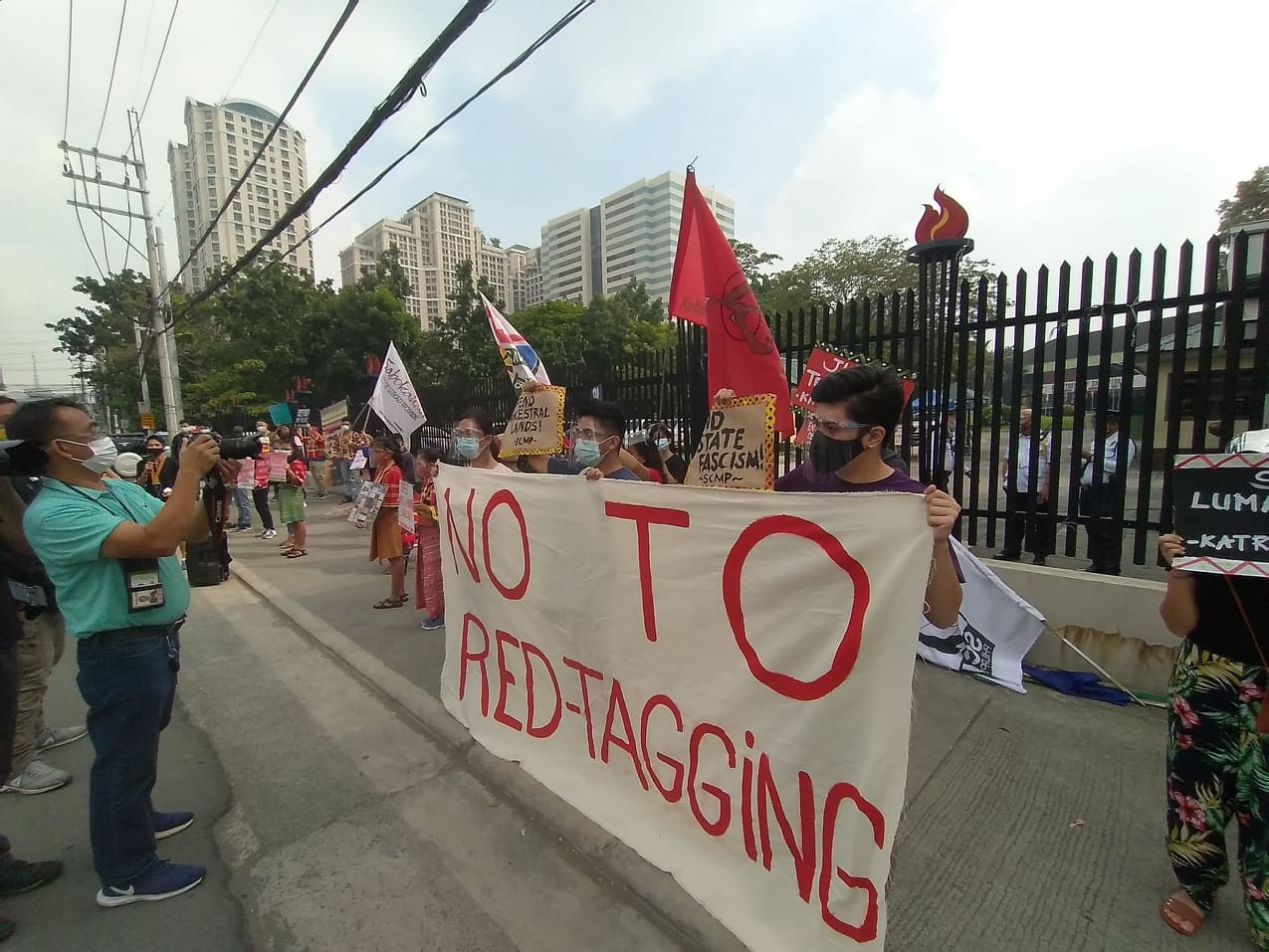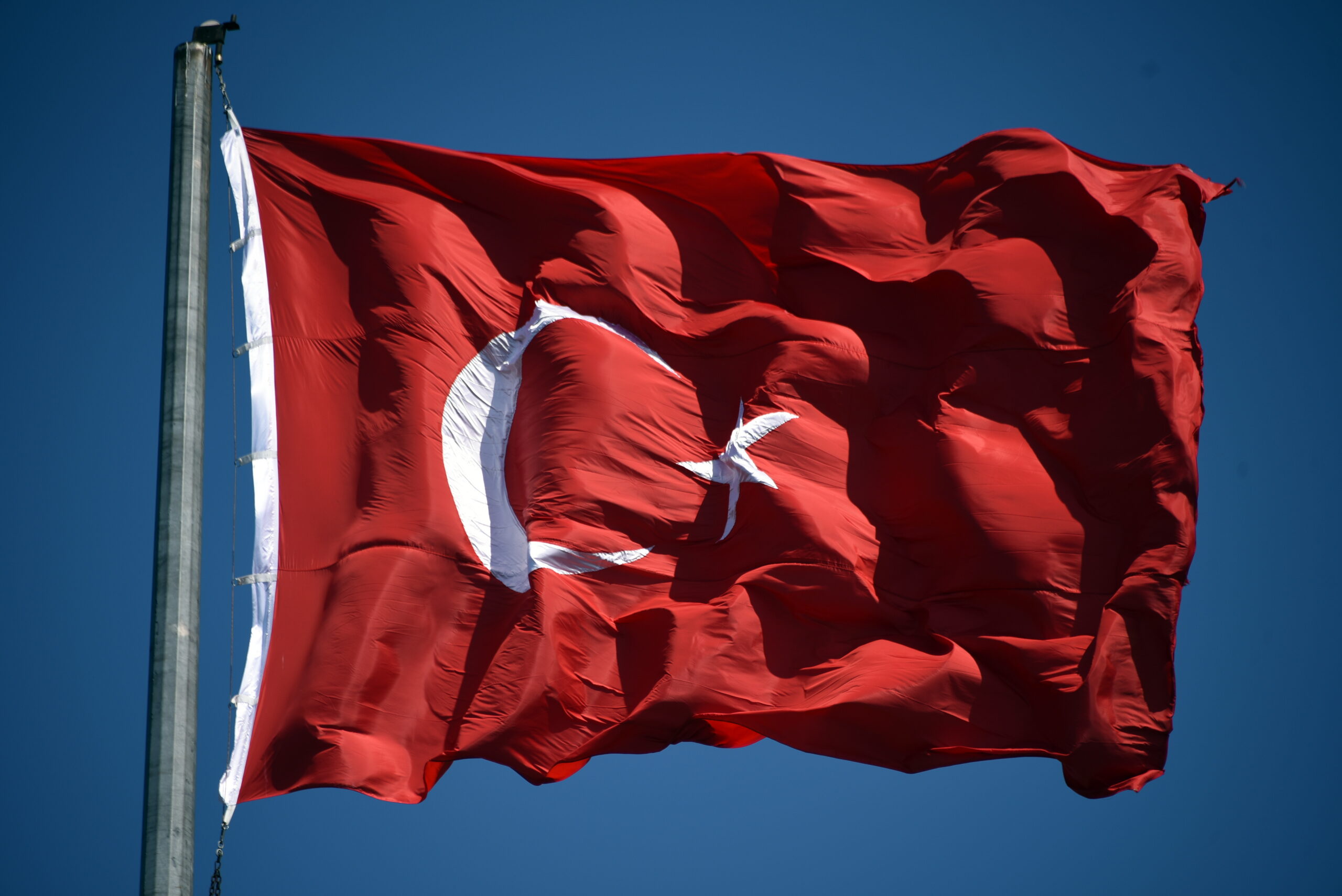Pakistan’s Chief of Army Staff Asim Munir with outgoing US CENTCOM Chief Gen. Michael E. Kurilla in Tampa, Florida. (Source: X)
Pakistan’s Chief of Army Staff, Field Marshal Asim Munir, has ignited a firestorm of controversy with provocative nuclear threats against India, delivered during a private dinner with the Pakistani-American community in Tampa, Florida. The remarks, which included targeting a major Indian economic asset, have drawn sharp condemnation from New Delhi and raised questions about Washington’s muted response to a nuclear-armed ally’s escalating rhetoric.
The speech, hosted by a Pakistani-American businessman, came during Munir’s second U.S. visit in two months, following a high-profile private luncheon with President Donald Trump on June 18—the first time a Pakistani army chief was hosted at the White House without civilian leaders present. The timing is significant, as Munir’s comments follow the Pakistan-India war of May 7–10, 2025, sparked by a terrorist attack targeting Hindu men in Jammu and Kashmir.
Nuclear Threats and Economic Intimidation
Addressing a crowd of over 100 at the black-tie event, Munir declared, “We are a nuclear nation. If we are going down, we will take half the world down with us.” The statement, reported by Indian media but absent from excerpts shared by Pakistani officials, has been denounced by India’s Ministry of External Affairs as “nuclear sabre-rattling” and a sign of Pakistan’s irresponsibility as a nuclear state. Pakistan’s foreign office countered, insisting the country is a “responsible nuclear-weapon state with an elaborate command and control structure under full civilian control.”
More alarmingly, according to Indian media, Munir reportedly singled out Reliance Industries’ Jamnagar refinery in Gujarat, the world’s largest single-site refining complex owned by billionaire Mukesh Ambani, as a potential military target. This is the first time Pakistan’s military leadership has publicly identified a civilian economic asset in India for attack, shifting from strategic deterrence to economic intimidation.
India’s Ministry of External Affairs stated that “India will not give in to any nuclear blackmail.” The ministry also expressed regret that such remarks were made “from the soil of a friendly third country”. It warned the international community to consider the implications of Pakistan’s nuclear posture, particularly given its military’s ties to terrorist groups. It is worth noting that, during the Pakistan-India war, several Pakistan-based terrorists were killed, and images soon surfaced of senior Pakistani military officers attending their funerals in uniform. One widely shared photo showed a terrorist’s coffin draped in Pakistan’s flag — evidence, Indian officials said, of the army’s long-standing ties to terrorism.
U.S. Silence Raises Concerns
The absence of an immediate U.S. response to Munir’s remarks, made in the presence of American military officials, has sparked unease in New Delhi. The following day, Munir attended the U.S. Central Command’s change-of-command ceremony in Tampa, bidding farewell to General Michael E. Kurilla and welcoming Admiral Brad Cooper. Washington’s silence, combined with its warming ties to Islamabad, has left Indian officials questioning the reliability of the U.S. as a strategic partner.
Recent U.S.-Pakistan engagements, including trade deals for American crude oil exports and President Trump’s praise for Pakistan’s military leadership, contrast sharply with the U.S. imposition of 50 per cent tariffs on Indian goods. This divergence has prompted New Delhi to explore alternative security partnerships, including the recent outreach to Beijing through forums like the Shanghai Cooperation Organisation (SCO).
A Troubling Pattern
Pakistan’s nuclear arsenal, developed since its 1998 tests, has long been a source of global concern. Munir’s remarks fit a broader pattern of atomic brinkmanship, with the military leveraging its arsenal for both aggression and political leverage. Indian officials point to the dominant role of the military in Pakistan’s governance, suggesting Munir’s emboldened rhetoric—bolstered by his warm U.S. reception—could signal ambitions for a political takeover, potentially elevating him to the presidency.
Historically, the U.S. and China have viewed Pakistan’s nuclear capabilities as a counterweight to India, with China’s transfer of nuclear technology to Islamabad largely unchallenged by Washington. However, Munir’s provocative statements on U.S. soil demand a reassessment of this approach. Pakistan’s increasingly unpredictable posture, coupled with the U.S.’s strategic hesitation, risks emboldening a nuclear-armed military elite.
A Global Call for Recalibration
Munir’s nuclear rhetoric, including his claim that Pakistan is uniquely positioned to “balance rival powers,” underscores a growing confidence in Islamabad’s military establishment. As India strengthens its defences and explores new alliances, the U.S. must confront the consequences of its past leniency toward Pakistan. Munir’s threats, delivered on American soil, highlight the urgent need for a clear-eyed recalibration of Washington’s engagement with Islamabad to prevent a dangerous escalation in South Asia.
Anna Mahjar-Barducci is a Project Director at the Middle East Media Research Institute (MEMRI). She has also contributed to think tanks and academic institutions such as TRENDS (UAE). Her writing has appeared in The New York Sun (USA), Osservatore Romano (Vatican), El Mundo (Spain), Maroc Diplomatique (Morocco), and Haaretz (Israel). She is currently a columnist for the Italian daily La Ragione. Mahjar-Barducci lectured at the U.S. State Department and has been part of several U.S. State Department-sponsored events through the Middle East Partnership Initiative (MEPI). She also worked as a researcher in South Asia, Tunisia, Senegal, and Zimbabwe.
This article is published under a Creative Commons License and may be republished with attribution.





